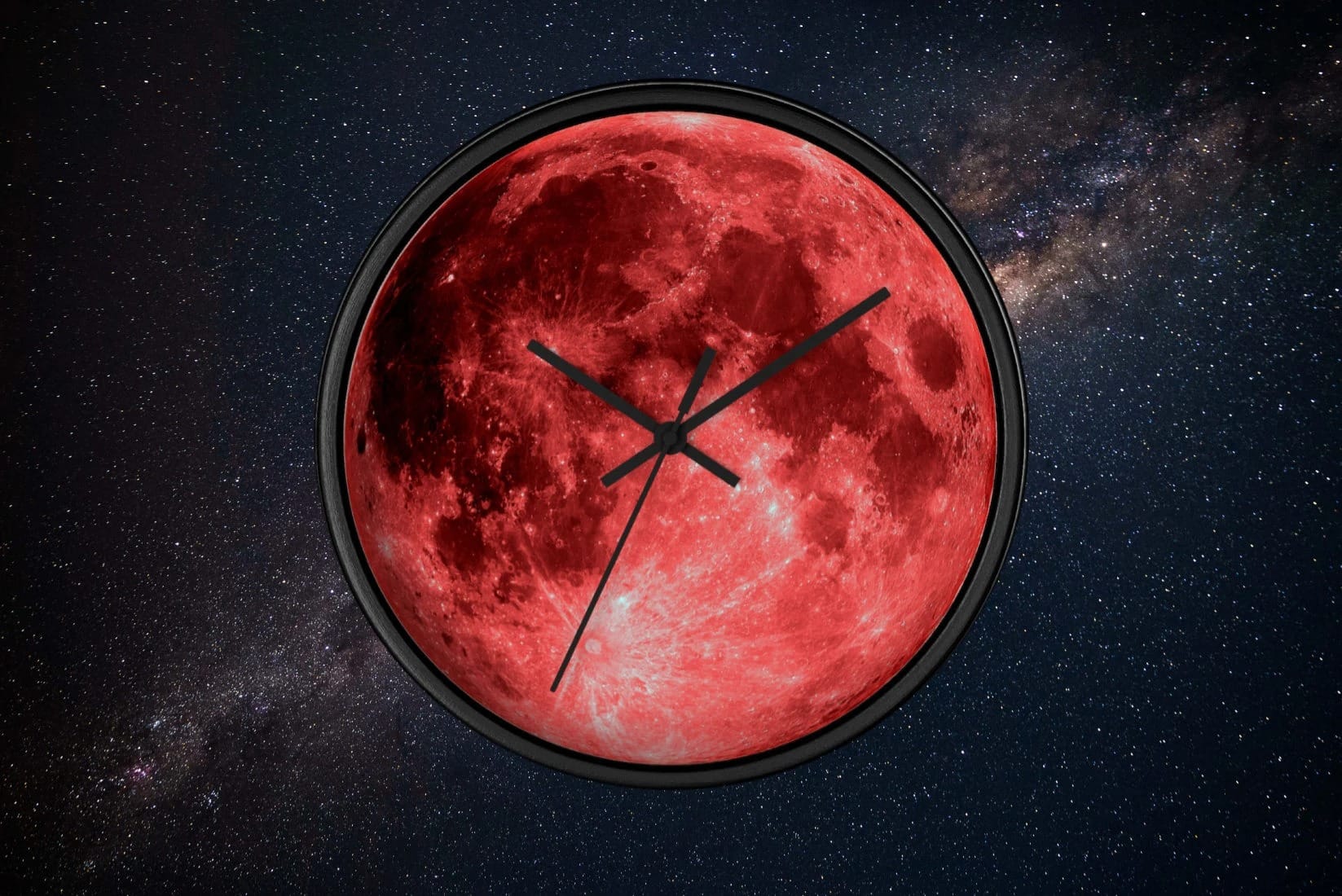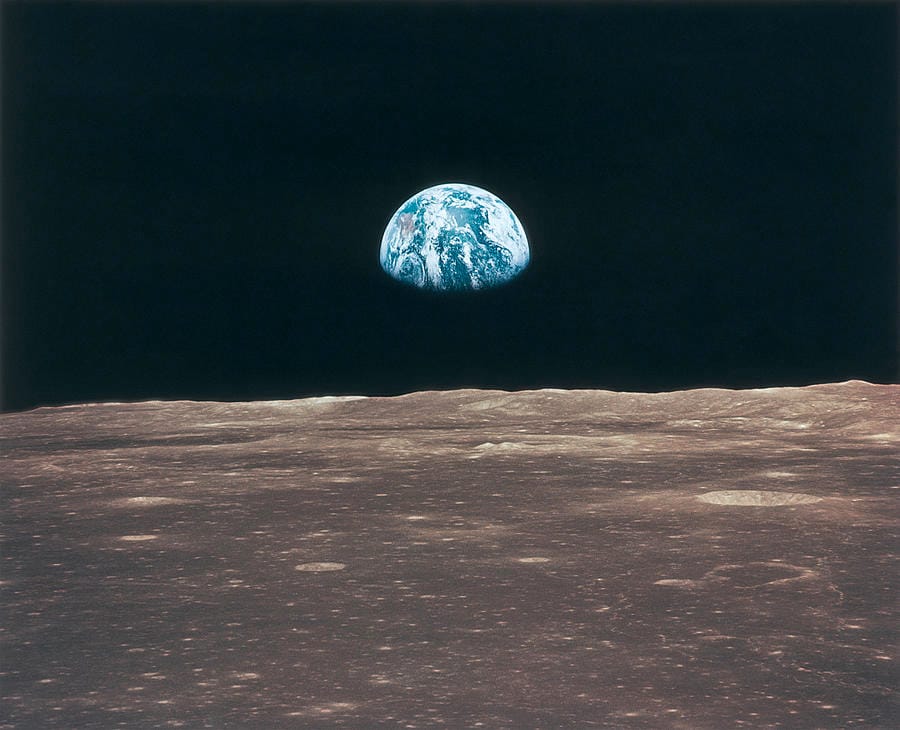The exploration of outer space has long captivated the imagination of scientists, engineers, and the general public alike. As missions to Mars and beyond become more than mere aspirations, the practicalities of sustaining human life on other worlds come to the forefront. One of the most fundamental yet overlooked aspects of this endeavor is the need for new timekeeping systems. The clocks we use on Earth, which are based on the planet’s rotation and orbit around the sun, may not be suitable for environments with different gravitational forces and day lengths.
The concept of time is deeply ingrained in human culture and society. Our daily lives are structured around the 24-hour day, divided into hours and minutes, with the underlying assumption that time flows uniformly. However, this perception is inherently tied to Earth’s unique characteristics. For instance, a day on Mars is approximately 24 hours and 37 minutes long, while a day on Venus lasts about 243 Earth days. As we consider establishing colonies on these planets, the implications of such differences in timekeeping become significant.
In addition to the varying lengths of days, the gravitational differences on other celestial bodies also affect how time is experienced. According to Einstein’s theory of relativity, time is affected by gravity; the stronger the gravitational field, the slower time passes. This means that a clock on Mars would tick differently than one on Earth. As we venture further into space, these discrepancies could lead to significant challenges in coordination, communication, and daily life for astronauts and future colonists.
To address these challenges, scientists and engineers are exploring innovative timekeeping systems that can adapt to the unique conditions of other planets. One proposed solution is the development of a universal time standard that is independent of any particular celestial body. This system would allow for synchronization of activities across different locations, regardless of the local timekeeping conventions. Such a standard could be based on atomic time, which is incredibly precise and not influenced by the factors that affect traditional clocks.
Another approach involves creating clocks specifically designed for the environments of other planets. These clocks would need to account for local day lengths, gravitational effects, and even the atmospheric conditions of the celestial body. For example, a clock on Mars might need to adjust its timekeeping mechanism to account for the planet’s longer day, while also ensuring that it remains accurate despite the lower gravity.
In addition to the technical challenges, there are also social and psychological considerations that come into play when redefining time for extraterrestrial environments. Human beings are accustomed to a certain rhythm of life dictated by the Earth’s day-night cycle. A shift to a new timekeeping system could have profound effects on the mental well-being of astronauts and colonists, as they adapt to living in an environment with different temporal cues. Understanding how these changes could impact human behavior and social interactions will be essential in designing timekeeping systems that are not only functional but also conducive to a healthy lifestyle.
Moreover, as we establish permanent bases on other worlds, the integration of timekeeping systems with other technologies will be crucial. For instance, communication systems, navigation tools, and life support mechanisms will all rely on accurate timing to function effectively. Coordinating activities between different teams and ensuring that operations run smoothly will depend on a shared understanding of time, making the development of a reliable timekeeping system even more critical.
In conclusion, as humanity embarks on the journey to live on other worlds, the need for new clocks and timekeeping systems becomes increasingly apparent. The traditional methods of measuring time, rooted in Earth’s unique characteristics, may not suffice in the diverse environments of other planets. By exploring innovative solutions and understanding the implications of time in space, we can lay the groundwork for successful human colonization beyond our home planet. The challenges are significant, but so too are the opportunities for advancement in our understanding of time and its role in our lives.


